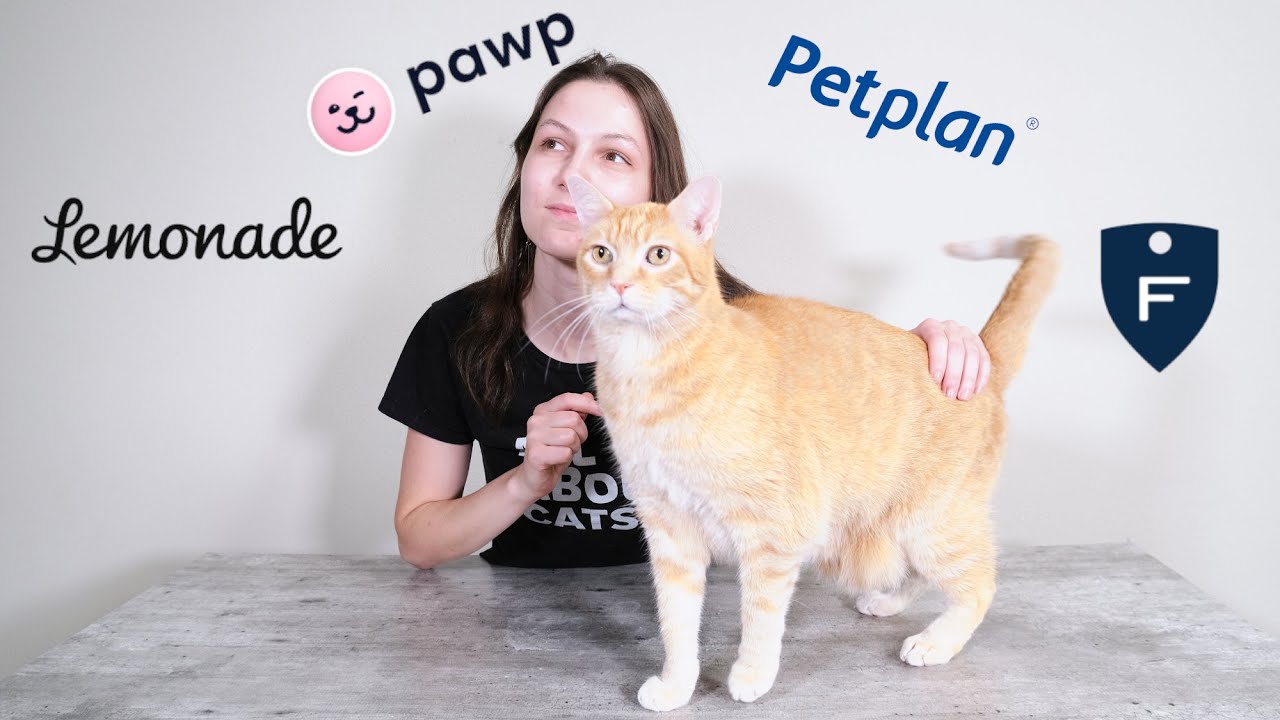Introduction: Insurance for Cats in Rhode Island
Cats have become an integral part of many households in Rhode Island, providing companionship and joy to their owners. Just like humans, cats can also face unexpected health issues or accidents that require medical attention. This is where pet insurance comes into play. In this article, we will explore the availability and applicability of insurance for cats in Rhode Island, and the benefits it can provide to both owners and their feline friends.
Understanding the Importance of Pet Insurance
While it is natural for cat owners to prioritize their pet’s health, unforeseen circumstances can often lead to unexpected medical expenses. Pet insurance acts as a safety net, providing financial support in such situations. It helps cover the costs of veterinary care, allowing cat owners to make decisions about their pet’s health based on what is best for them, rather than being limited by financial constraints.
The Benefits of Insuring Your Feline Friend
Insurance for cats in Rhode Island offers numerous benefits. Firstly, it provides peace of mind, knowing that your cat is protected in case of accidents or illnesses. This can alleviate the stress of unexpected medical bills and allow you to focus on your cat’s well-being. Additionally, insurance can also offer coverage for routine preventive care, vaccinations, and even spaying or neutering procedures, thus promoting responsible pet ownership.
Types of Insurance Coverage for Cats in Rhode Island
There are various types of insurance coverage available for cats in Rhode Island. The most common options include accident-only coverage, which covers medical expenses resulting from accidents, and comprehensive coverage, which includes both accidents and illnesses. Some insurance plans may also offer add-ons, such as coverage for dental care or alternative therapies. It is important to carefully review the coverage options and choose a plan that best suits your cat’s needs.
How to Choose the Right Insurance Plan for Your Cat
When selecting an insurance plan for your cat, it is essential to consider certain factors. Evaluate the coverage limits, deductibles, and reimbursement rates offered by different providers. Additionally, check if there are any waiting periods, restrictions based on age or pre-existing conditions, and if the plan covers hereditary or congenital conditions. It is also advisable to read reviews and seek recommendations from other cat owners to ensure the reliability and reputation of the insurance provider.
Factors to Consider before Insuring Your Cat
Before insuring your cat, take some time to assess their overall health and lifestyle. Consider their breed, age, and any pre-existing conditions they may have. Some insurance providers may have breed-specific exclusions or limitations. Additionally, think about your cat’s environment and the potential risks they may encounter. This analysis will help you determine the level of coverage needed and make an informed decision.
Exploring the Cost of Cat Insurance in Rhode Island
The cost of cat insurance in Rhode Island can vary depending on factors such as the cat’s age, breed, and the chosen coverage plan. On average, monthly premiums for comprehensive coverage can range from $20 to $50. However, it is important to note that additional costs may apply, such as deductibles and co-pays. While insurance adds an expense, it can potentially save you from significant financial burden in the long run.
Common Exclusions and Restrictions in Cat Insurance
Cat insurance policies may come with certain exclusions and restrictions. Pre-existing conditions, congenital or hereditary disorders, and elective procedures such as cosmetic surgeries are often excluded. Some insurance providers may have waiting periods before coverage begins for certain conditions. Additionally, certain high-risk activities or injuries resulting from neglect may also be excluded. It is crucial to thoroughly review the policy terms and conditions to understand the limitations and restrictions.
Tips for Filing a Claim with Your Cat Insurance Provider
In the unfortunate event that your cat requires veterinary care, filing a claim with your insurance provider is necessary to receive reimbursement. To ensure a smooth claims process, keep all relevant medical records, invoices, and receipts. Fill out the claim form accurately and include any supporting documentation required. Submit the claim promptly, and follow up with the insurance provider if needed. Being organized and proactive can increase the chances of a successful claim.
The Role of Veterinarians in Cat Insurance Claims
Veterinarians play a significant role in cat insurance claims. They must provide accurate and detailed medical records, including diagnosis, treatments, and any tests or procedures conducted. It is essential to choose a veterinarian who is familiar with insurance procedures and willing to work closely with the insurance provider. Open communication between the pet owner, veterinarian, and the insurance company is crucial to ensure efficient claims processing and reimbursement.
Comparing Cat Insurance Providers in Rhode Island
Rhode Island offers several cat insurance providers, each with its own set of policies and coverage options. When comparing providers, consider factors such as reputation, customer reviews, and the comprehensiveness of their coverage. It is advisable to obtain quotes from multiple providers and carefully review their terms and conditions. Comparing different plans will help you make an informed decision and select the best insurance provider for your cat’s needs.
Conclusion: Making the Best Decision for Your Cat’s Health
Investing in insurance for your cat in Rhode Island is a decision that can significantly impact their well-being and your peace of mind. By understanding the importance of pet insurance, exploring coverage options, and considering factors such as cost, exclusions, and restrictions, you can make an informed choice. Remember to maintain open communication with your veterinarian and be proactive in filing claims. Ultimately, the right insurance plan will ensure that your feline friend receives the necessary care without financial burdens, promoting their overall health and longevity.





